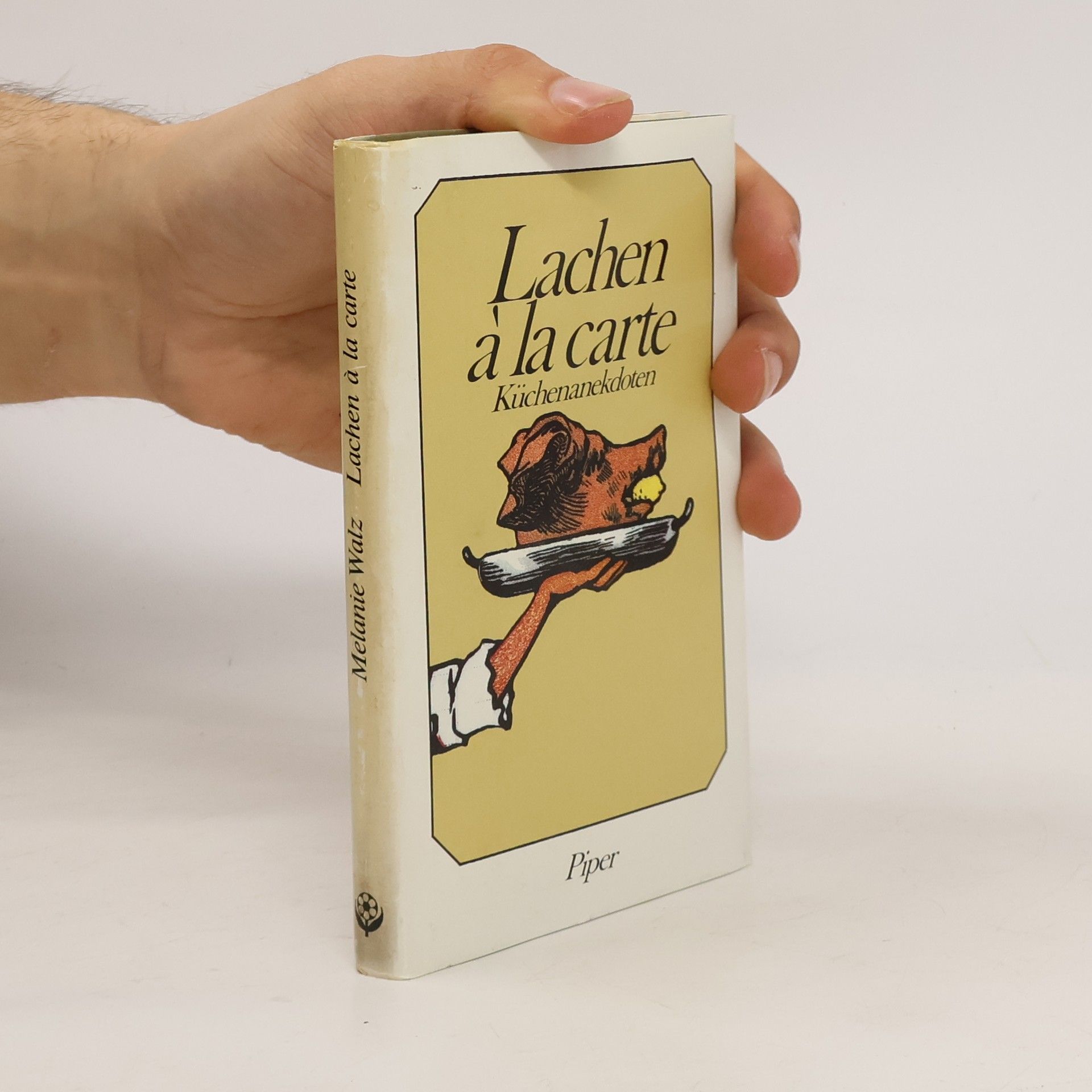Ein wiederentdecktes MeisterwerkErstmals im Taschenbuch: Stevensons Meisterwerk in brillanter Neuübersetzung Die spannende Geschichte vom Kampf zweier ungleicher Brüder beginnt im Schottland des 18. Jahrhunderts. James Durie, der Erbe auf Durisdeer, ist tollkühn und skrupellos, Henry zurückhaltend und redlich. James folgt ohne Rücksicht auf seine Pflichten den Fahnen des glücklosen ‚Bonnie Prince Charlie‘. Henry muss seinen Platz einnehmen und heiratet schließlich auch die für den Bruder bestimmte Frau.Doch damit nimmt der schaurige Abenteuerroman erst seinen Anfang,denn Master James ist nicht tot...
Melanie Walz Livres
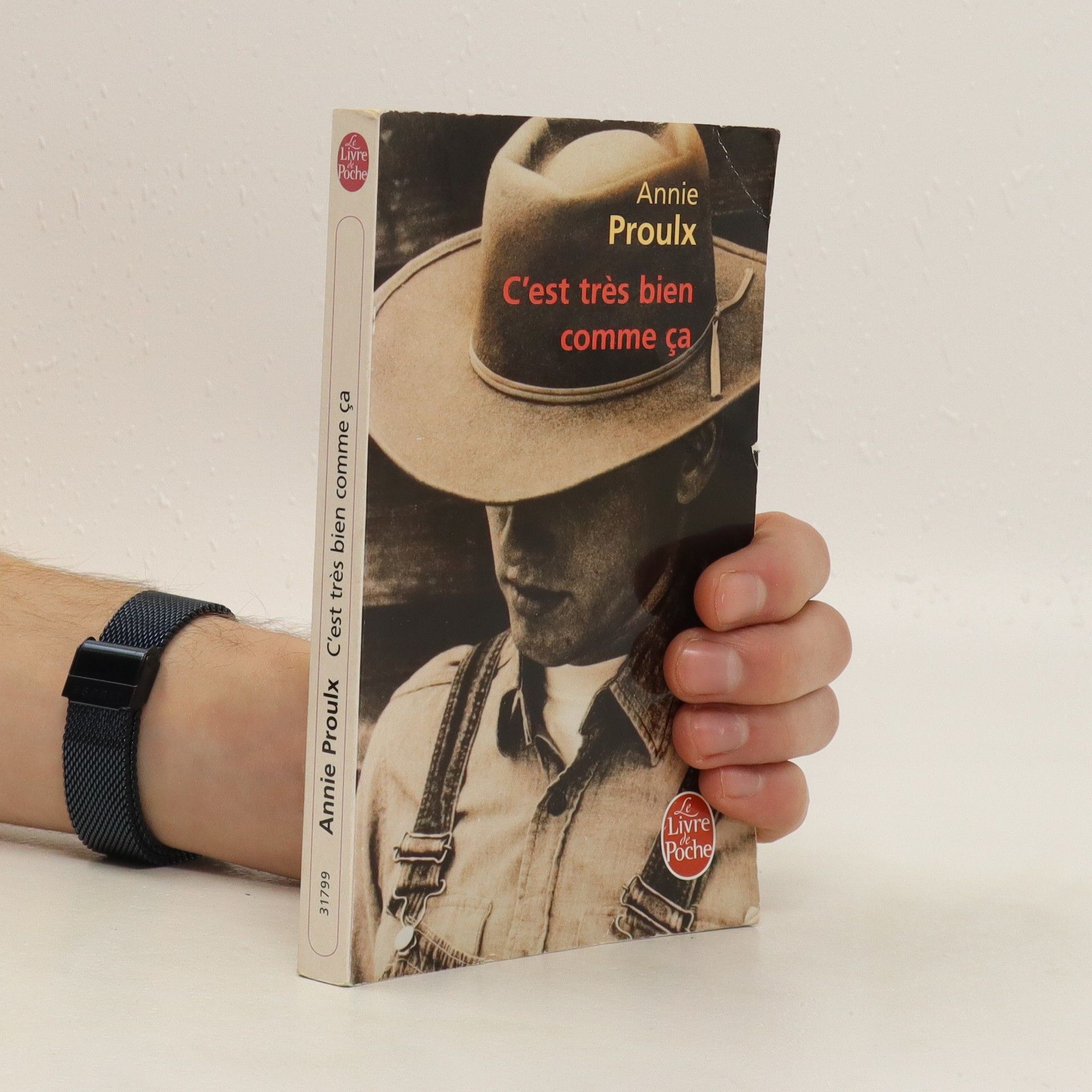
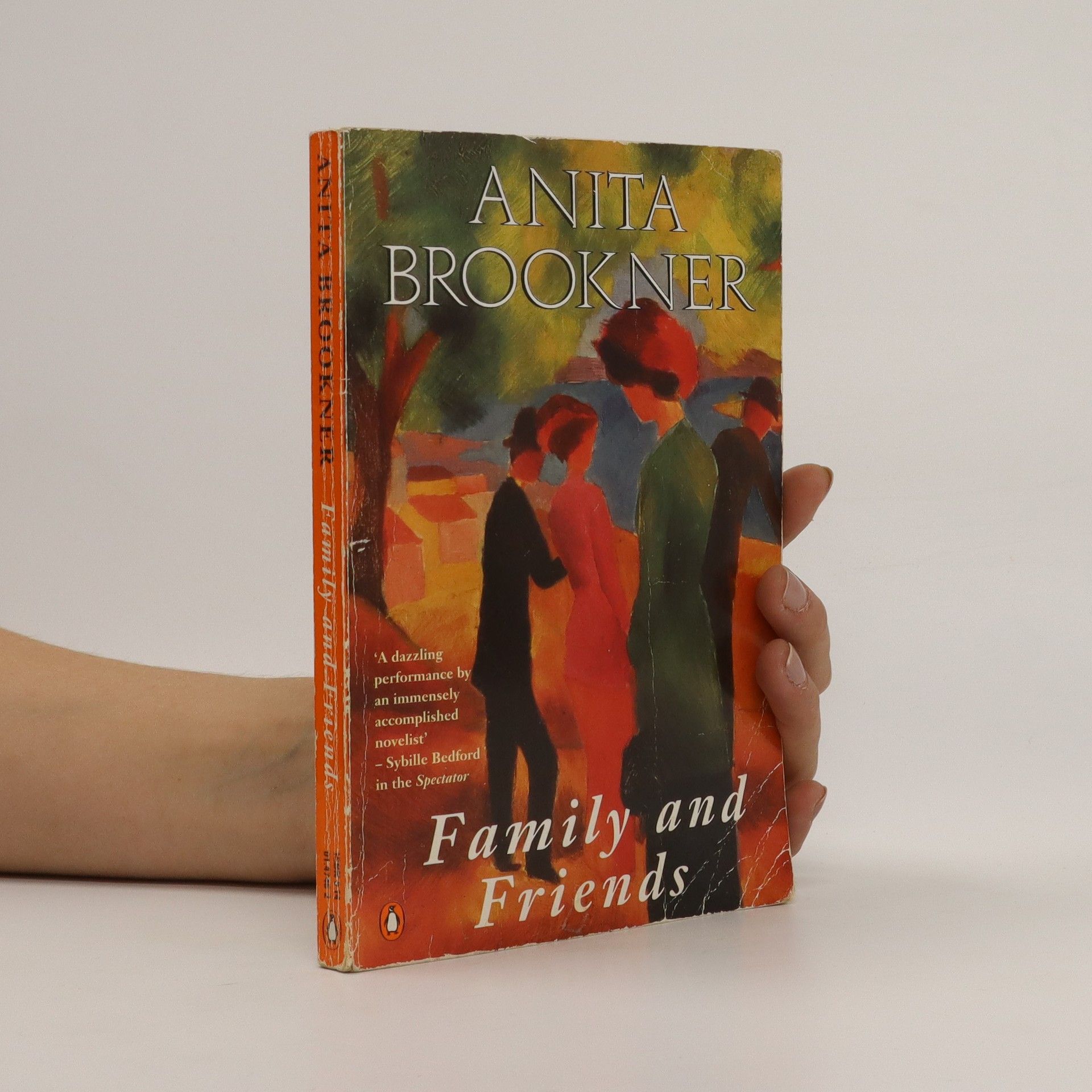

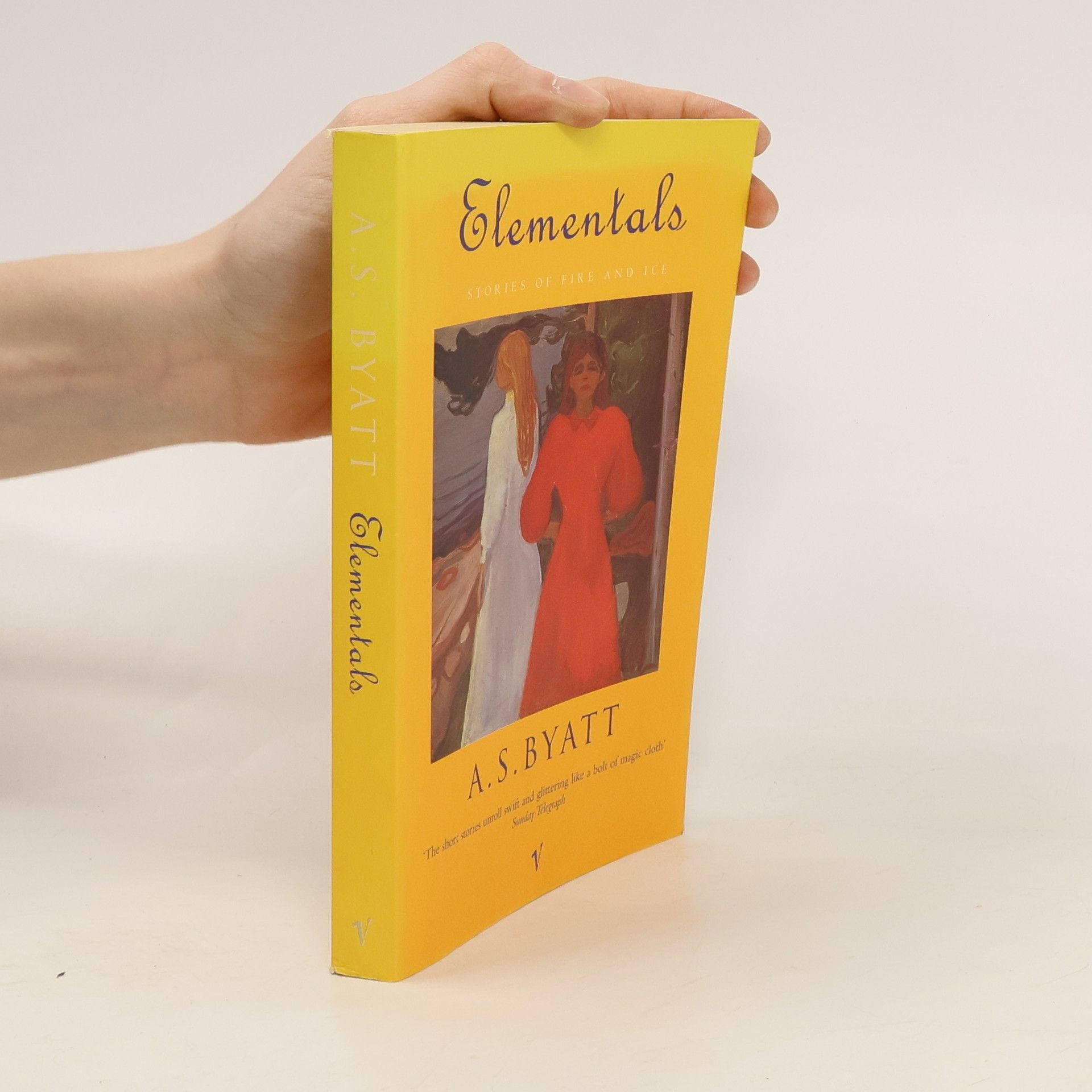

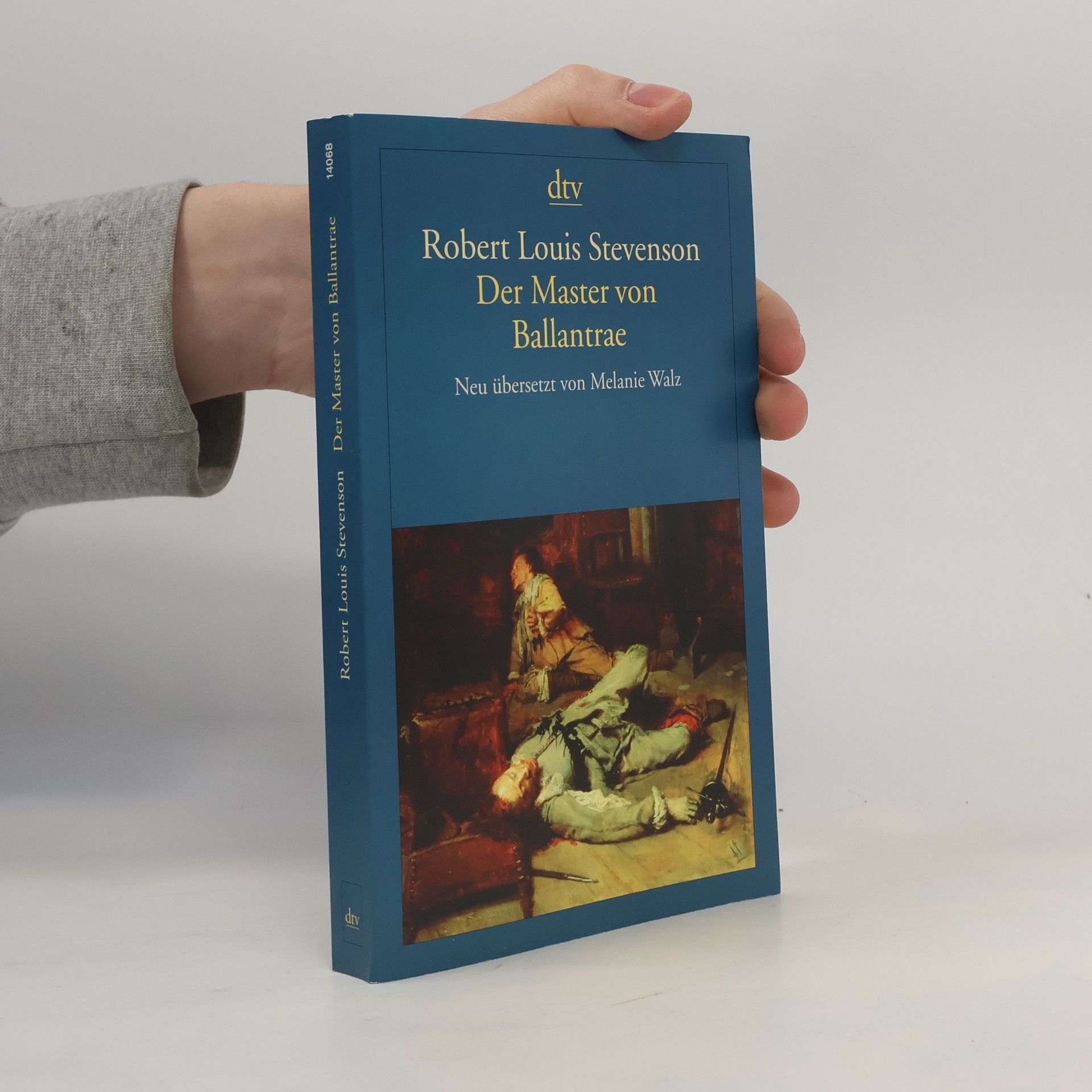
Kate Vaiden
- 398pages
- 14 heures de lecture
Der Roman spielt in einer amerikanischen Kleinstadt der dreißiger und vierziger Jahre und erzählt die Geschichte von Kate Vaiden, die als Kind ihre Eltern verliert. Geplagt von Verlusten und dem Drang, sich vor weiteren Verletzungen zu schützen, bricht sie alle Bindungen ab. Erst mit der Diagnose Krebs beginnt sie, wieder Gefühle zuzulassen.
Elementals
- 232pages
- 9 heures de lecture
In the same delectable format as The Matisse Stories, this collection deals with betrayal and loyalty, quests and longings, loneliness and passion - the mysterious absences at the heart of the fullest lives.
Der karibische Dämon
- 205pages
- 8 heures de lecture
Es scheint, als habe die Zeit das Haus am Rande Torontos übersehen. Und auch seine Bewohnerin, die seit Jahren immer seltsamer und vergeßlicher wird, lebt ganz im einsamen Rhythmus ihres dünner werdenden Gedächtnisses. Doch hat sich zwischen ihr und ihrem Sohn, der sie vor zwei Jahren als Teenager verließ, manches verändert. Jetzt ist er zurück und versucht nicht ohne Schuldgefühle, aber vor allem mit der Neugier des Spurensuchers, die verbliebenen Gedächtnissplitter der Mutter wieder zusammenzufügen. Wie erlebte sie ihre Kindheit in Trinidad, wie den Abschied von der Heimat und die Ankunft in der Fremde? Und worin besteht das Geheimnis, das ihre Existenz und auch seine eigene stets geprägt hat? Mehr und mehr beginnt er zu verstehen, daß auch seine Biographie auf dem Spiel steht. Die Erinnerung kehrt in ihrer beider Leben ein wie der Dämon aus den alten Geschichten der Karibik. David Chariandy erzählt eindringlich, zuweilen drastisch und komisch. Mit seiner lebensnahen Anschaulichkeit und seiner frischen, von keiner Konvention stillgestellten Sprache hat dieser Roman über persönlichen und kulturellen Gedächtnisverlust bei den kanadischen Lesern begeisterten Zuspruch gefunden, und er wurde für den wichtigsten Buchpreis Kanadas, den Governor General’s Literary Award, nominiert.
Family and Friends
- 192pages
- 7 heures de lecture
In an ambitious departure from her usual form, Anita Brookner expands her canvas in FAMILY AND FRIENDS to create a richly textured novel about the life of a wealthy Jewish family in London, centering upon the generation that came to maturity between the two World Wars. "Brookner works a spell on the reader; being under it is both an education and a delight".--WASHINGTON POST BOOK WORLD.
On connaît l’attachement d’Annie Proulx pour les populations rurales d’Amérique du Nord, particulièrement celles du Wyoming. Prises au piège de leur propre destin, victimes des caprices de la nature, elles se sentent impuissantes, mais à leur résignation se mêle toujours l’orgueil, une fierté qui ne veut pas s’avouer vaincue. Ces cow-boys à peine sortis de l’adolescence et déjà burinés par la vie, ces femmes des ranches pleines d’abnégation et de rudesse continuent de clamer : « C’est très bien comme ça ! » Avec une rare puissance d’évocation, empreinte de tendresse, de violence et d’humour, Annie Proulx fait revivre les paysages et les personnages de cette Amérique mythique. Deux recueils de nouvelles d’Annie Proulx ont déjà été publiés par Le Livre de Poche : Nouvelles histoires du Wyoming et Les Pieds dans la boue. Annie Proulx sait comme personne suggérer les journées chaudes sans un souffle de vent ou la fumée des feux de forêt de l’automne. Un art classique, fait de nostalgie et d’innocence perdue. Jacques-Pierre Amette, Le Point.
Uncomfortably Close
- 288pages
- 11 heures de lecture
The proprietor of a successful letter-writing business, Ruth has just branched out into a new greeting-card line. But it's not easy. Her father, Edek, is driving her crazy at the office. And the very people she thought would be most supportive -- other women -- are not. Instead of acting in one another's best interests, the women are catty and competitive, behaviors Ruth swears that she will never imitate. Until she meets the one woman who turns her aspirations of sisterly solidarity -- and her life -- upside down. Fresh off the plane from Poland, Zofia is a buxom, sixty-something femme fatale with a talent for making balls. Meatballs, that is. When Edek asks his savvy daughter to fund his friend Zofia's restaurant, how can Ruth say no? But Ruth knows that gleam in Zofia's eye, and it means trouble is on the way for all of them

